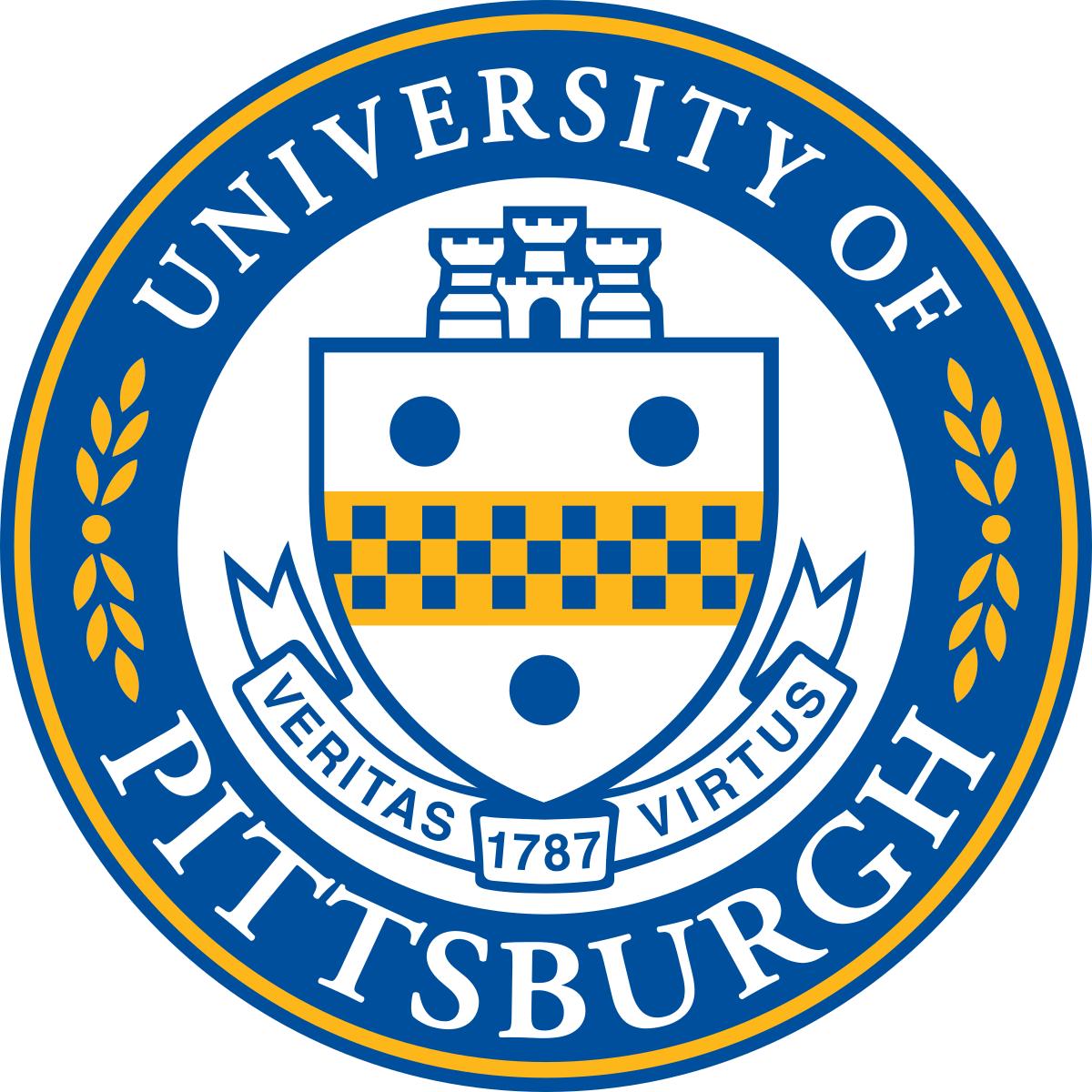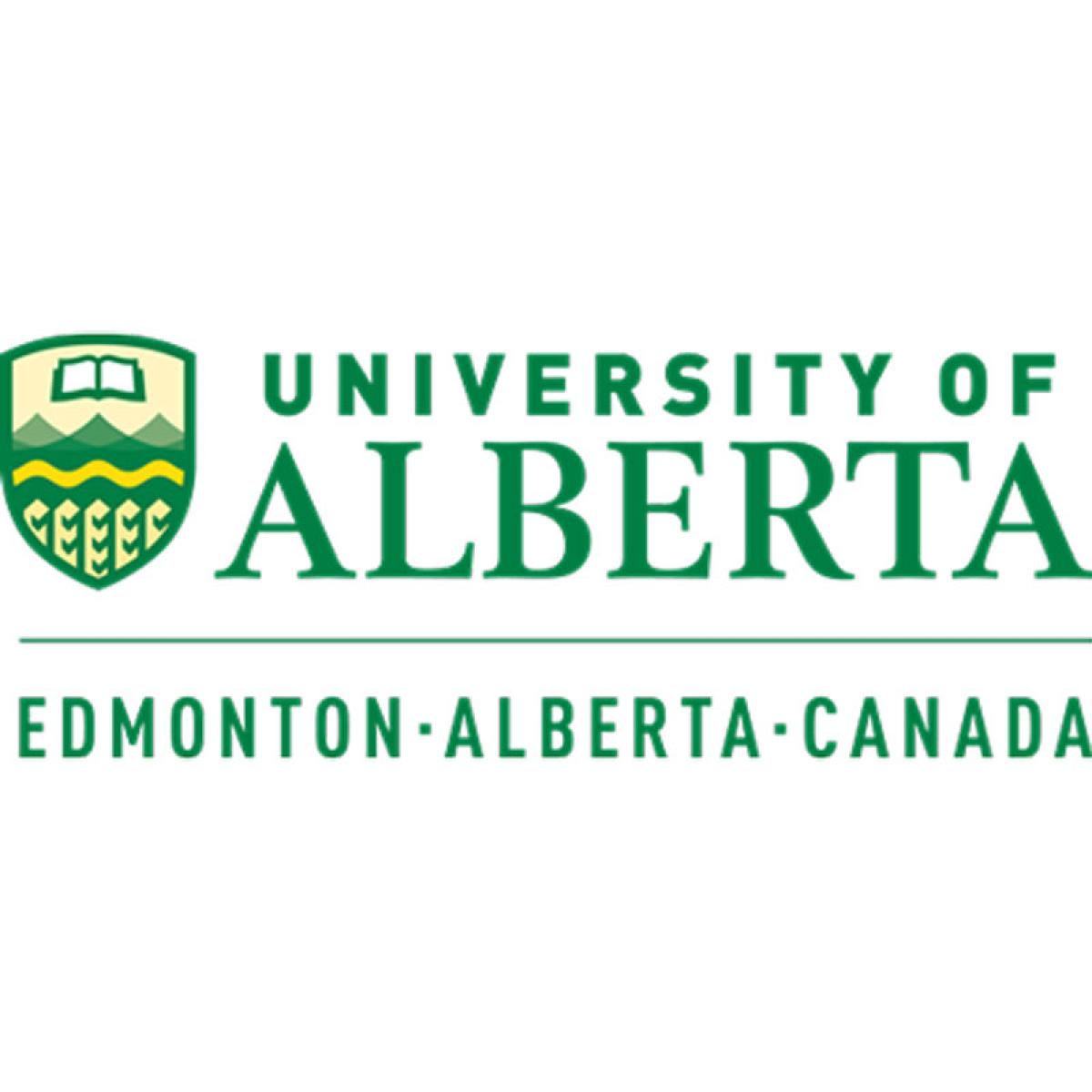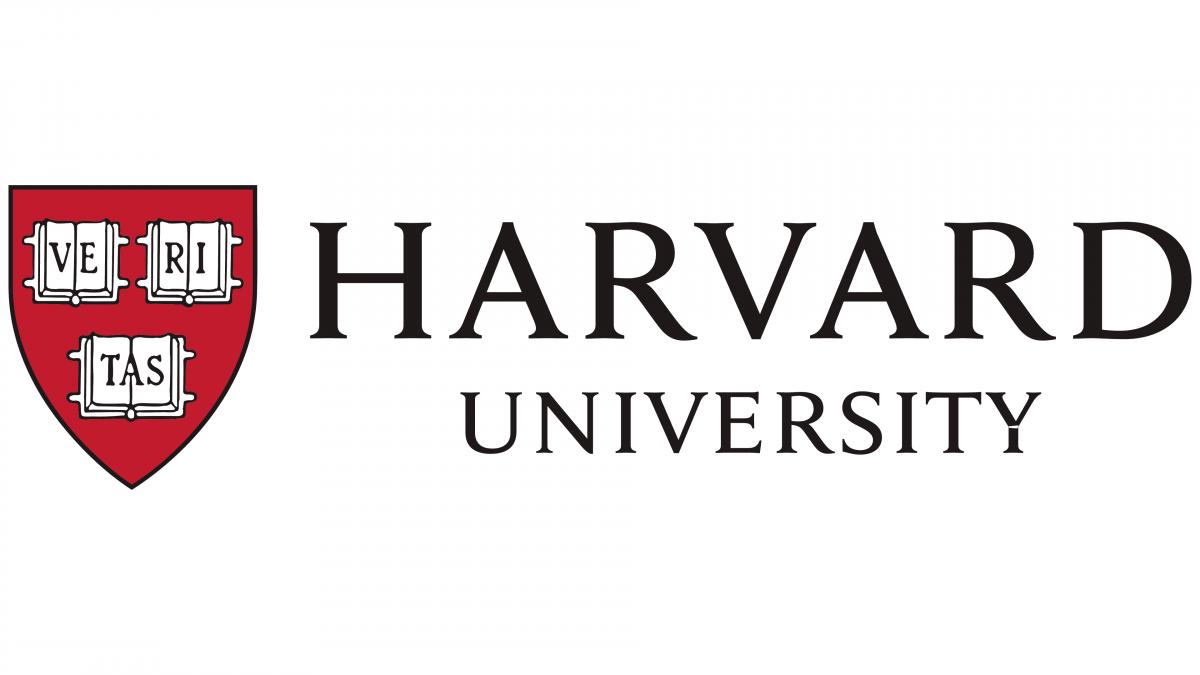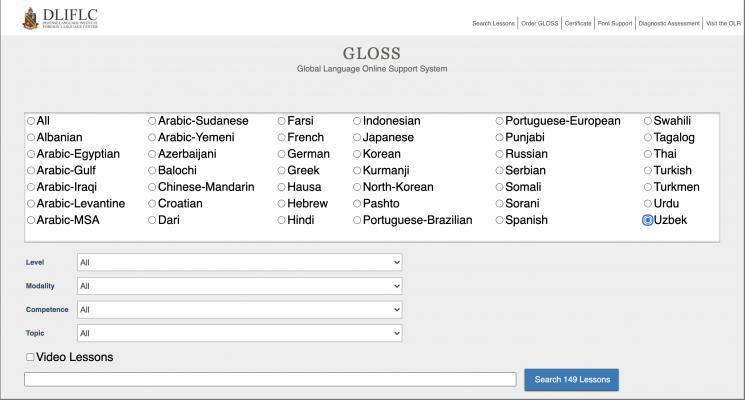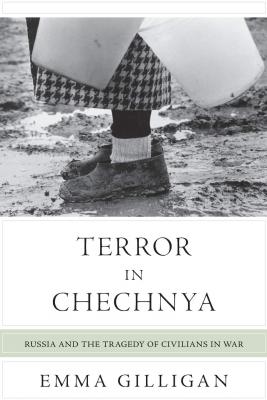Please join us for Armenian Circle this Monday at 5:30pm in Room 218, Pick Hall (this will be our regular meeting time for the quarter). This week, we’ll be discussing Armenian folk music (its contemporary renditions/reimaginings), as well as learning a traditional Western Armenian circle dance. It should be an exciting meeting, so be sure not to miss it!
**This event will be held in English.


